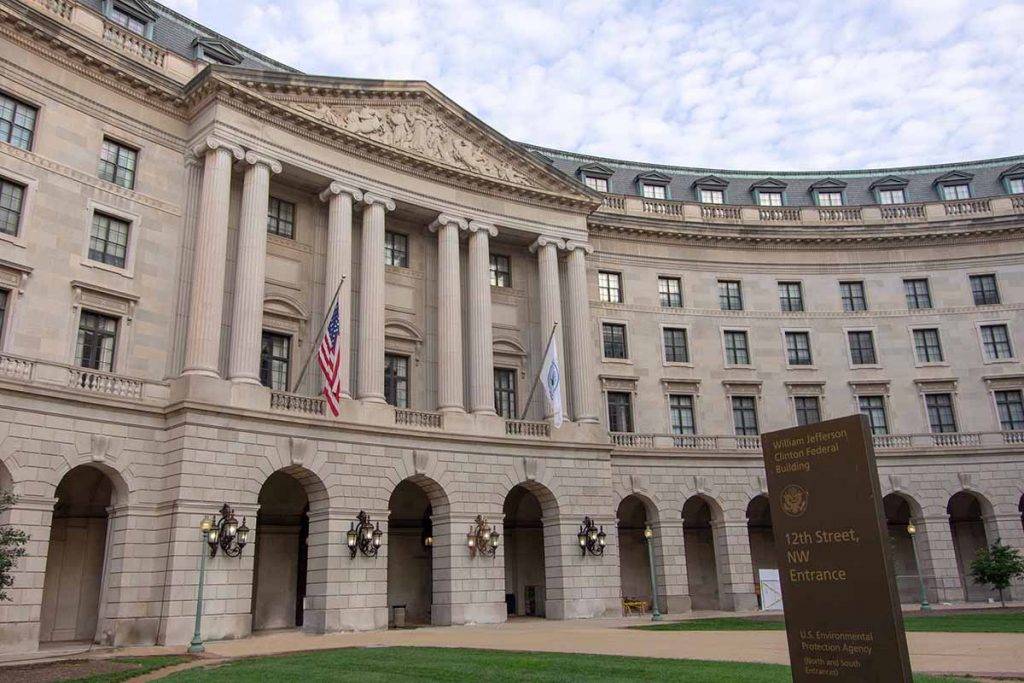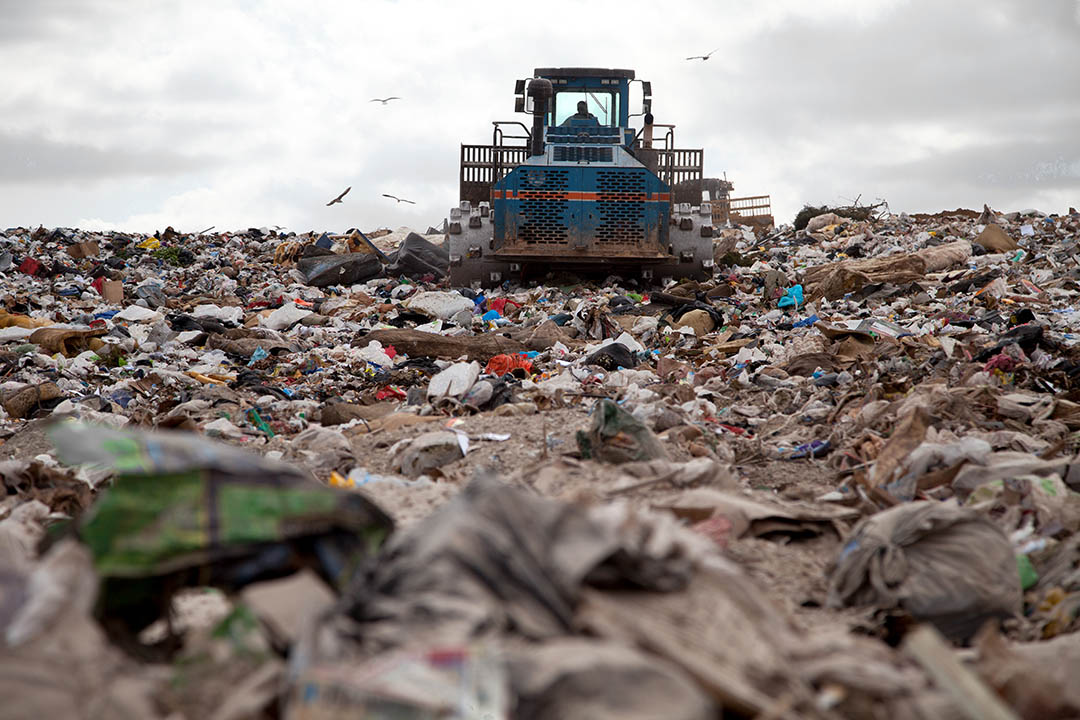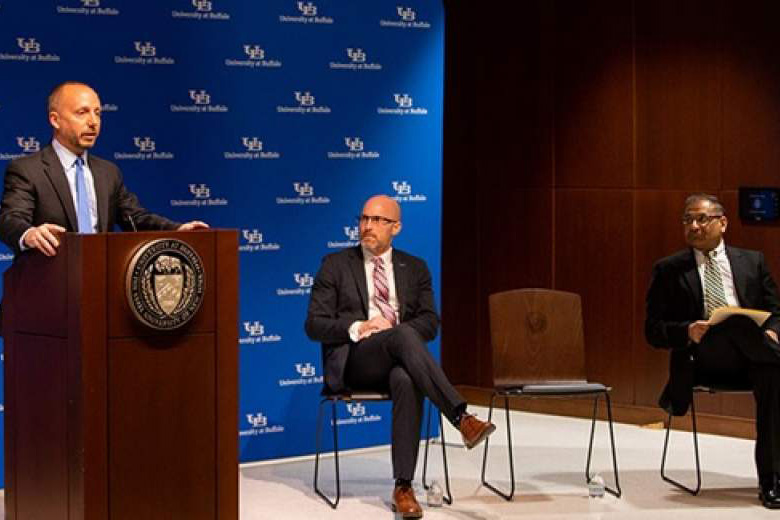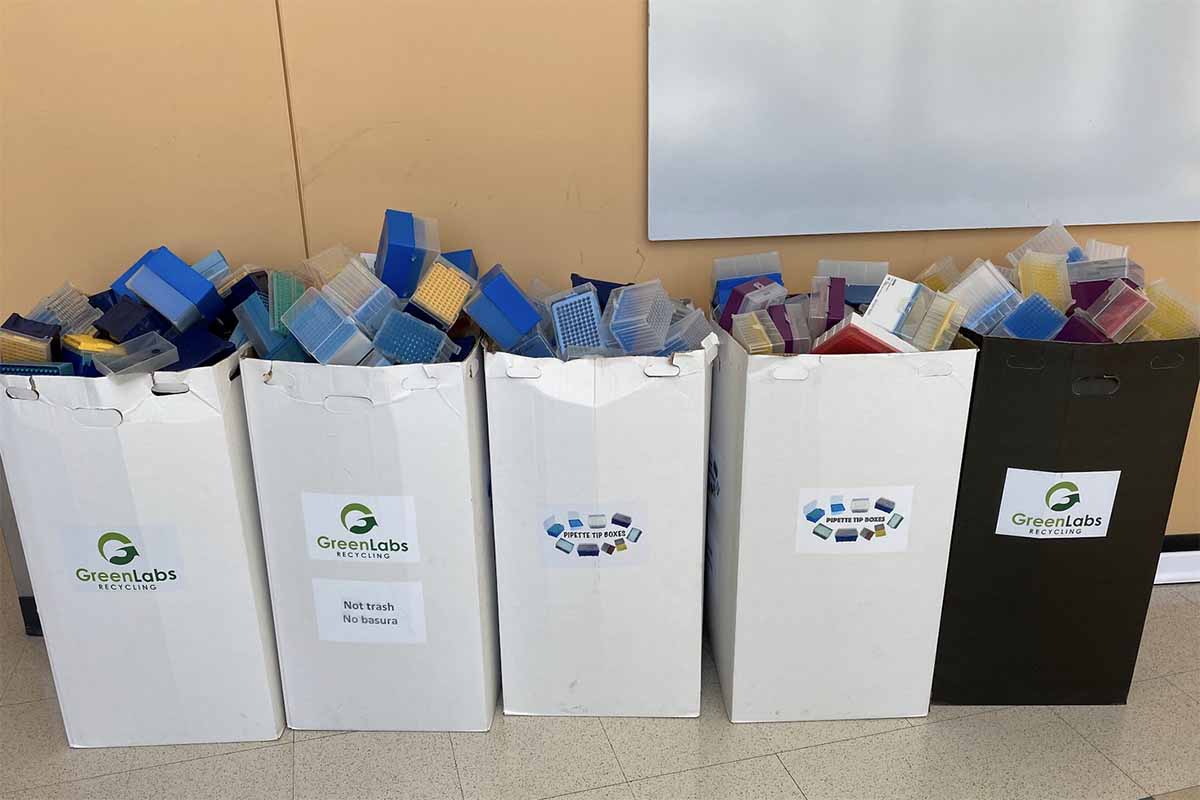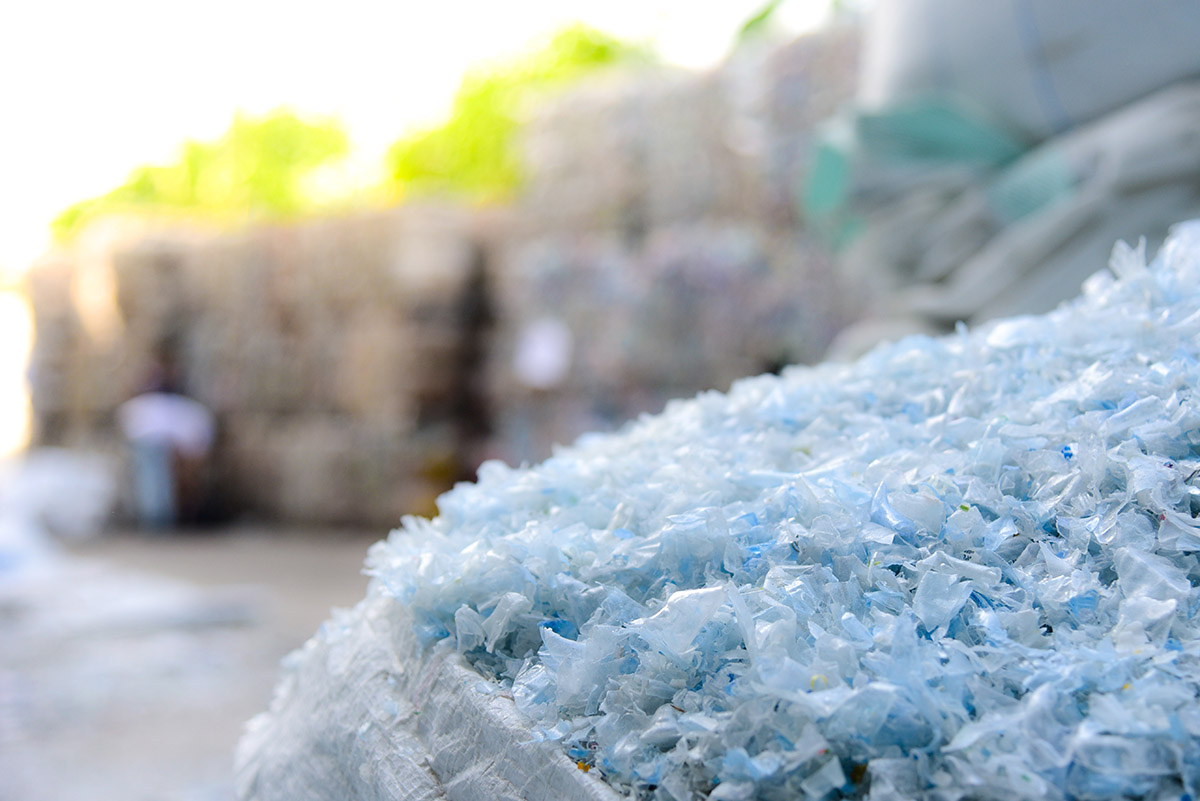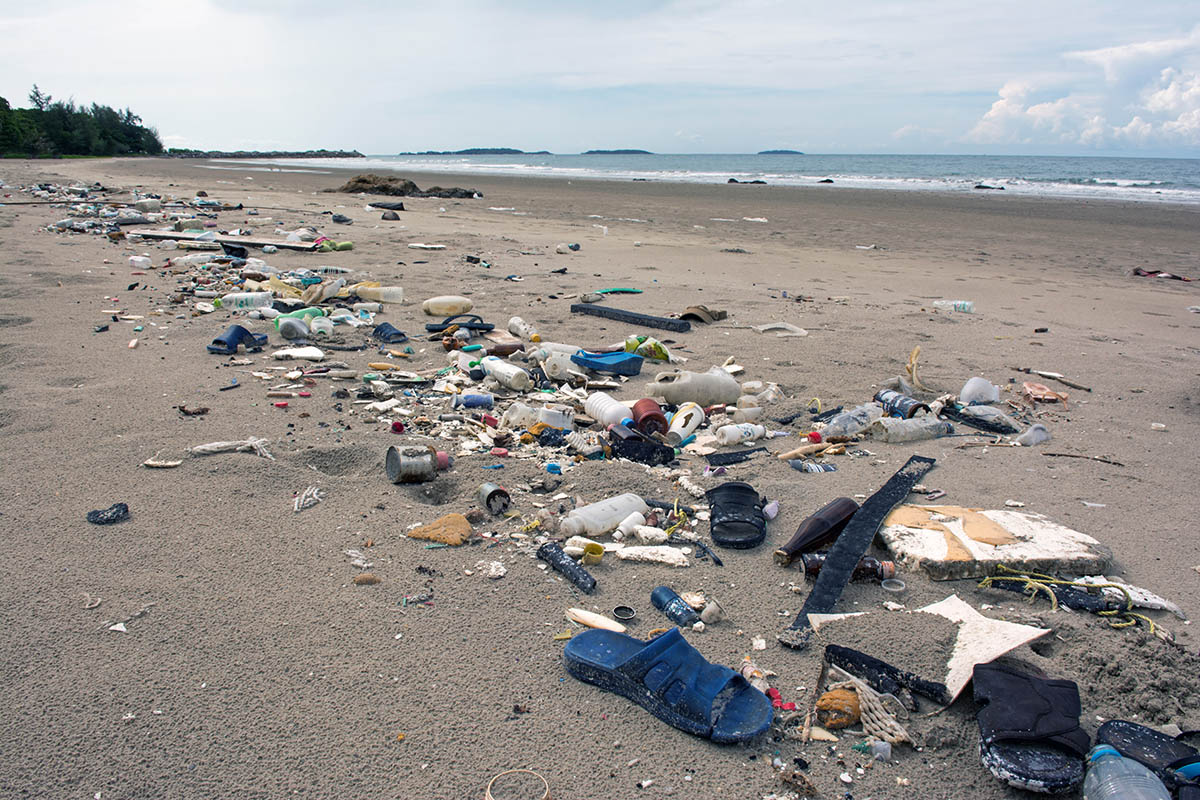
An OECD report anticipates marine debris will increase significantly in volume over the next several decades. | Santiparp Wattanaporn/Shutterstock
Globally, discarded plastic levels could nearly triple by 2060, with about half of the plastic ending up in landfill and less than a fifth recycled, an OECD report projected.



